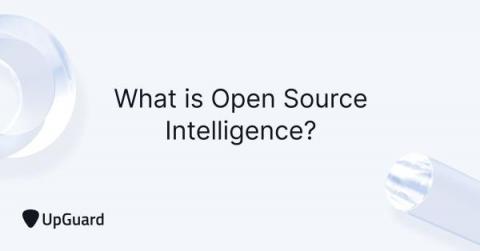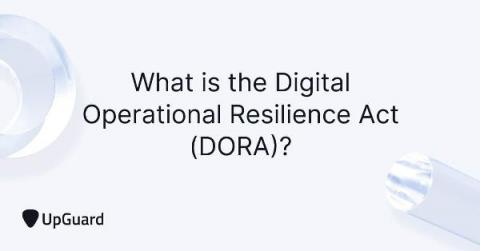What is Open Source Intelligence?
Open source intelligence (OSINT) is the process of identifying, harvesting, processing, analyzing, and reporting data obtained from publicly available sources for intelligence purposes. Open source intelligence analysts use specialized methods to explore the diverse landscape of open source intelligence and pinpoint any data that meets their objectives. OSINT analysts regularly discover information that is not broadly known to be accessible to the public.











